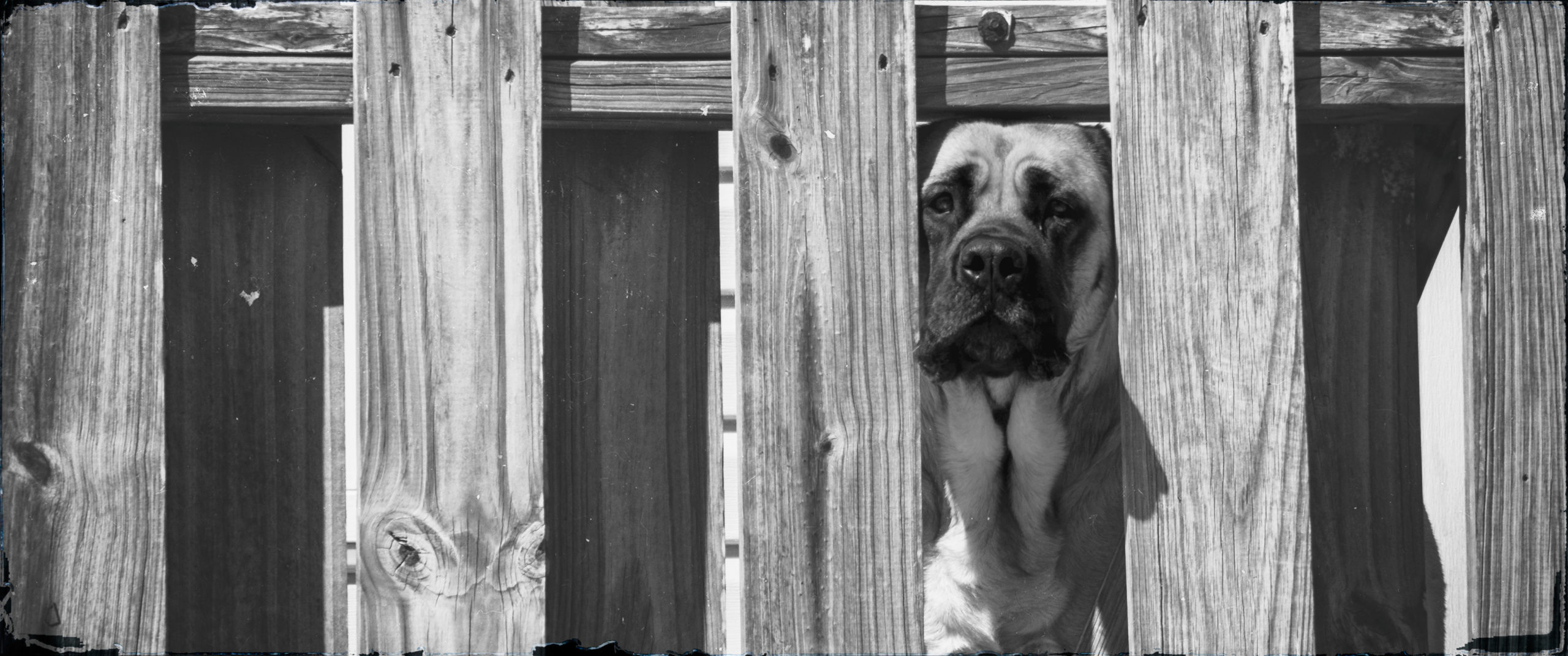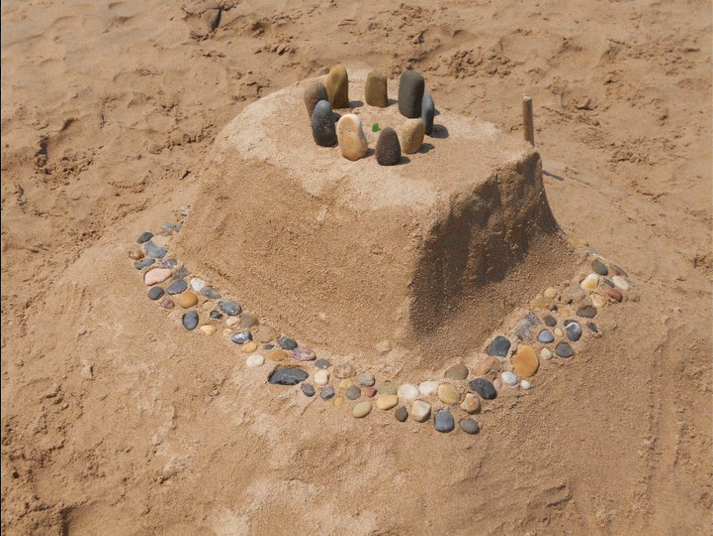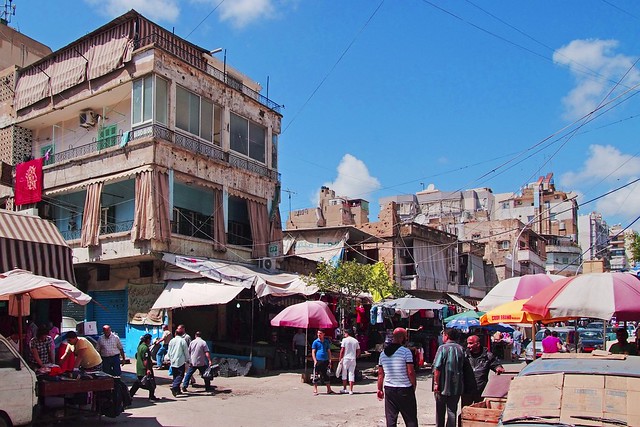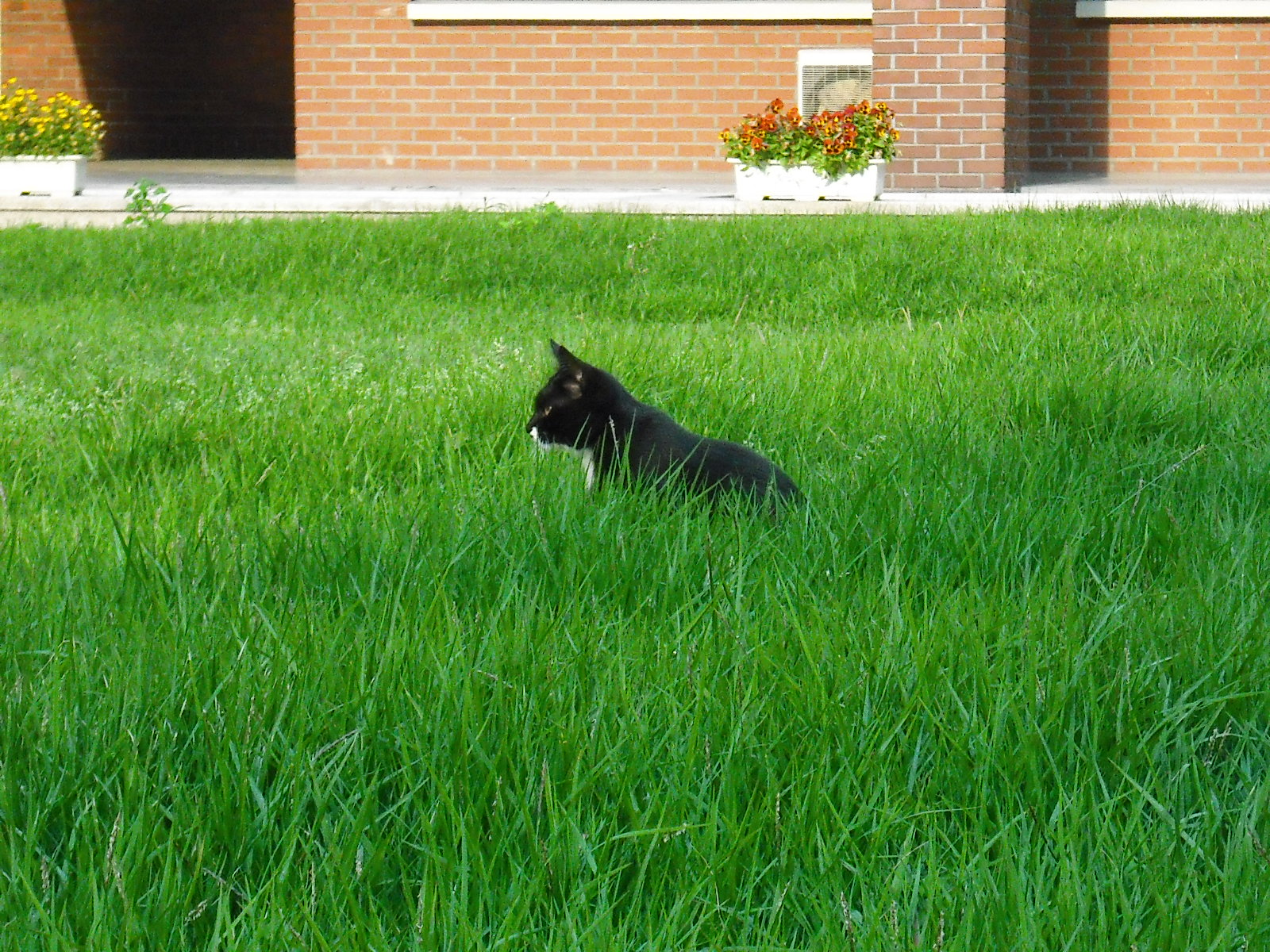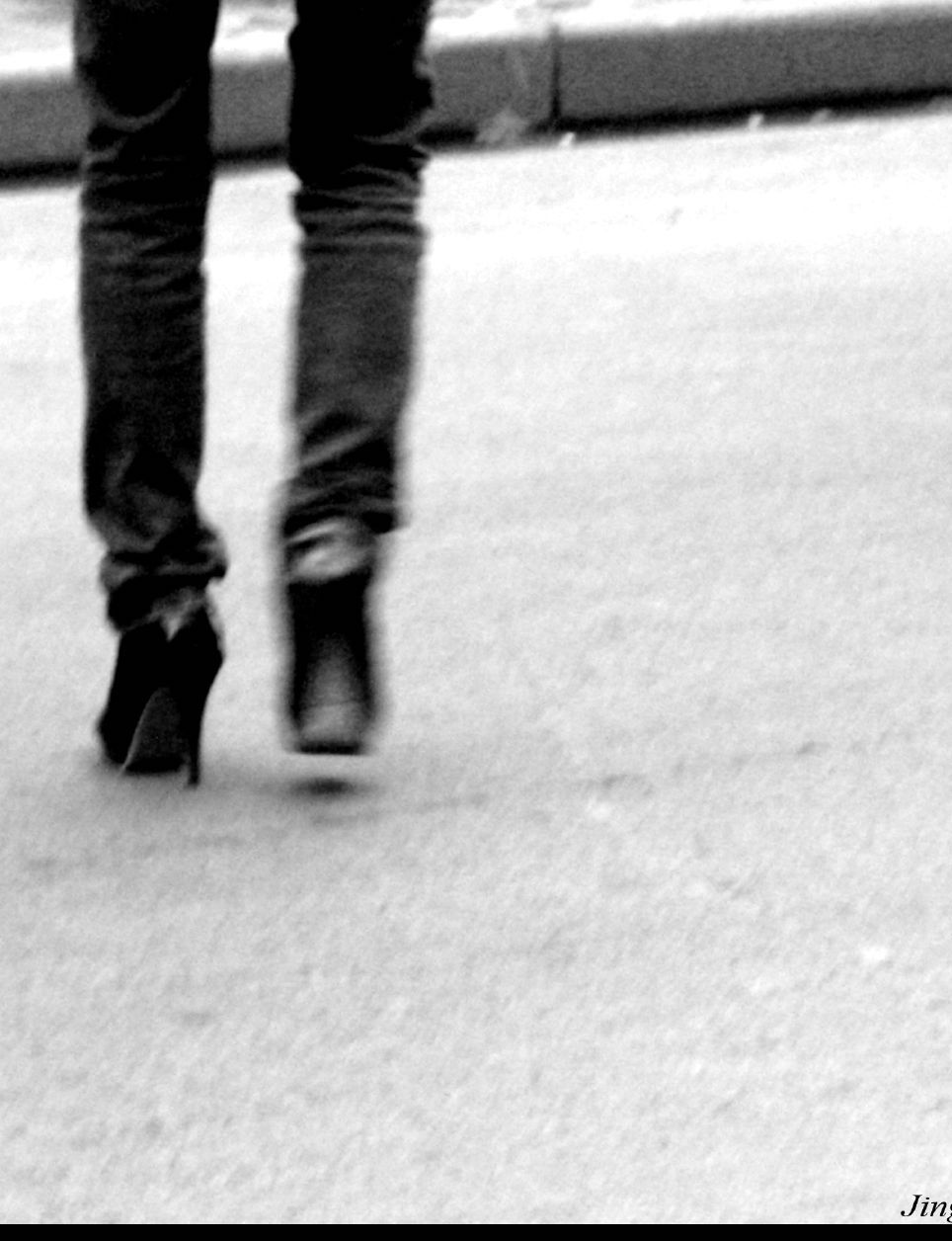By BWADER BASHEER
Translated by ROBIN MOGER
Mehret,
Your father died. We buried him yesterday in the new cemetery by the cliff. The priest spoke about him in Amharic and the imam spoke in Arabic and then we all prayed, each in our own language and religion. And in the evening Debrezeyt thronged with your father’s gypsy friends. They sang and danced until morning broke over them.
How can I console you when you’re so far away? But nor do I wish you to come home. Everything has changed. Debrezeyt is not as you left it. So much has happened, and in no time at all. The town exploded, became so crowded you cannot breathe, and we are no longer able to walk here in safety.
On every corner there’s a tourist grinning like an idiot and taking photographs of our lives, like our lives are something remarkable. The town’s lost the soul we loved.



